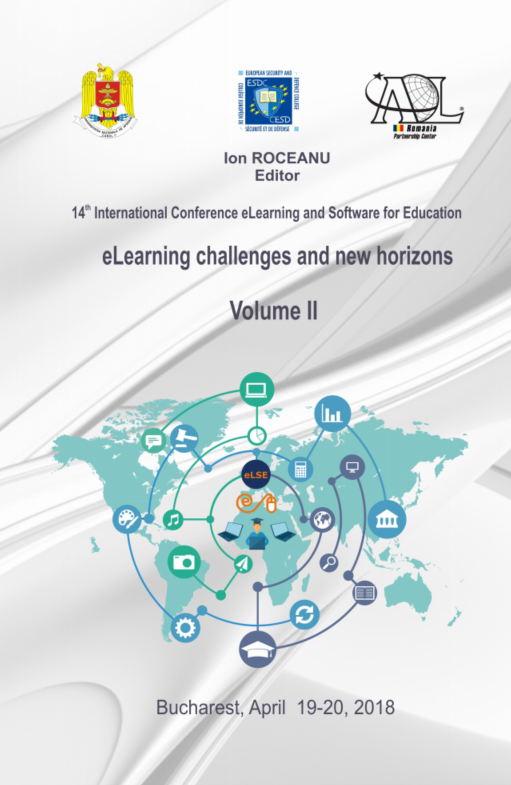Facilitating Knowledge Acquisition by Use of a Scada Application in Academic Teaching
Facilitating Knowledge Acquisition by Use of a Scada Application in Academic Teaching
Author(s): Oana CHENARU, Giorgiana GEAMPALIA, Oana-Carmen NICULESCU-FAIDA, Gheorghe FloreaSubject(s): Social Sciences, Education
Published by: Carol I National Defence University Publishing House
Keywords: interdisciplinary learning; SCADA; process simulator; teaching;
Summary/Abstract: There is a strong feedback from industrial companies that students in automation engineering are not prepared well enough for challenges in the field. At the same time, students are less interested in practical applications, as their courses are more focused on mathematical characterization of industrial processes. Universities must address these issues and provide appropriate resources, available for the students, ensuring a competitive education that responds to the market requests. This paper provides a new hands-on teaching method that uses a SCADA application connected to a complex process simulator of a real plant. The application will allow students to easily achieve knowledge on remote data acquisition and control concepts, industrial communication protocols, to face real process control, interoperability, and industrial networking problems. The main aim is for them to gain practical abilities and elementary knowledge for the development of real applications, buy having as a starting point not an empty SCADA project, but one that needs to be updated with new functions or debugged for problem solving. By connecting the SCADA application to a process simulator, they will see how they can combine the scientific characterization and analysis of a problem with a practical implementation. The proposed platform uses standardized protocols and approaches, so that the achieved knowledge can be applied on applications from different manufacturers. By combining practical courses with challenging problem solving we managed to rise the interest of students. The results can be used to improve current courses and laboratories of SCADA application development or to provide new optional courses in this field.
Journal: Conference proceedings of »eLearning and Software for Education« (eLSE)
- Issue Year: 14/2018
- Issue No: 02
- Page Range: 288-293
- Page Count: 6
- Language: English

